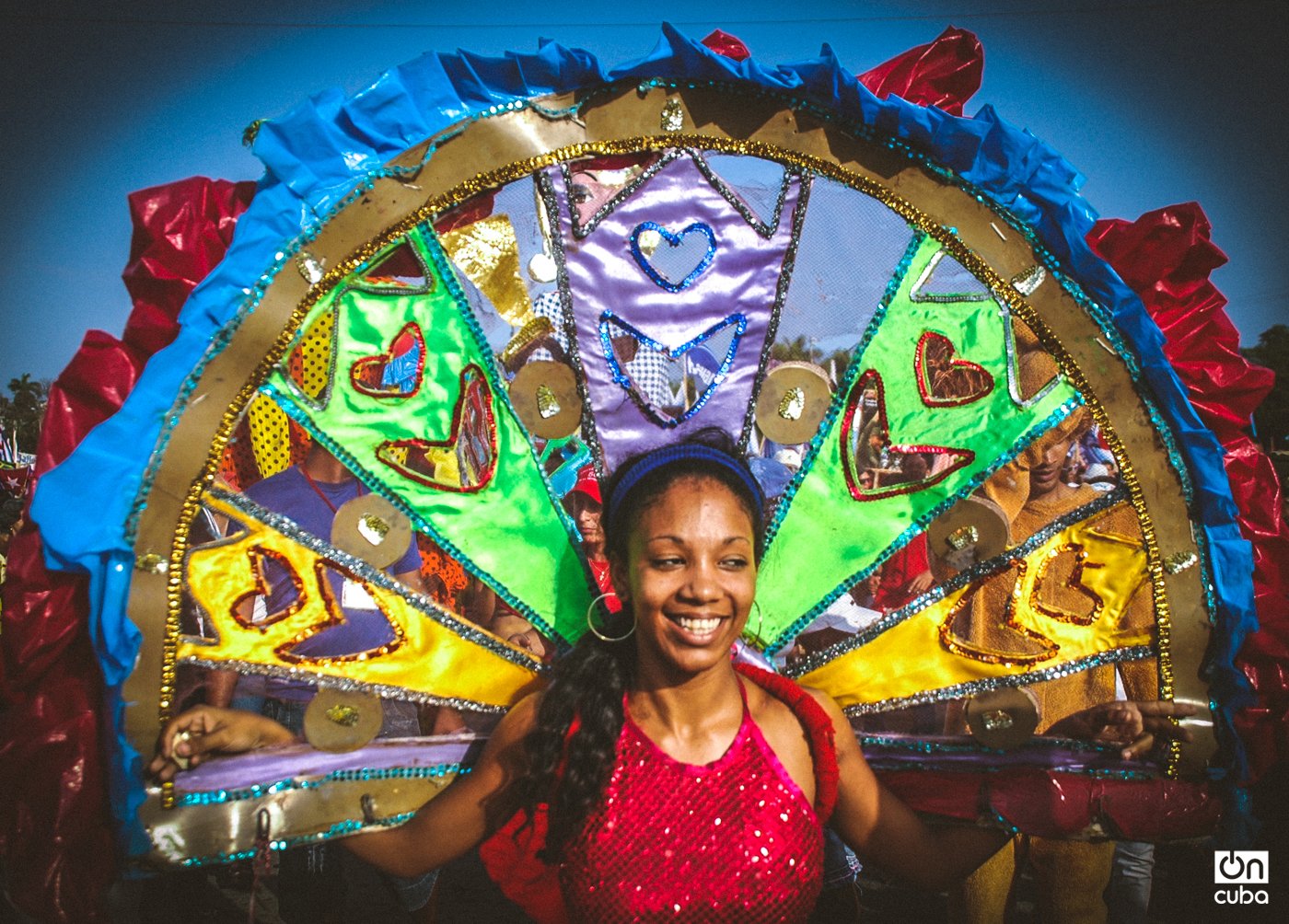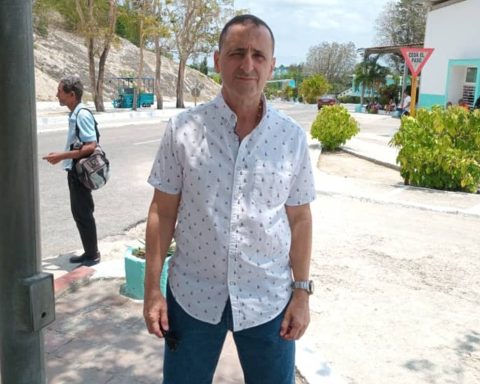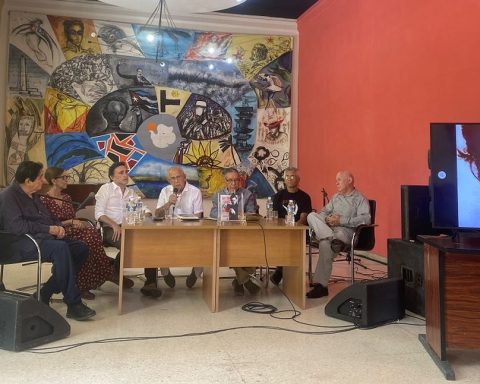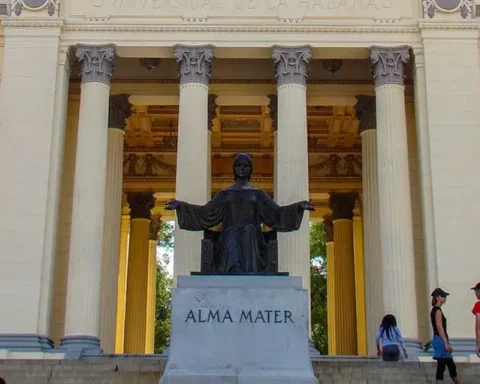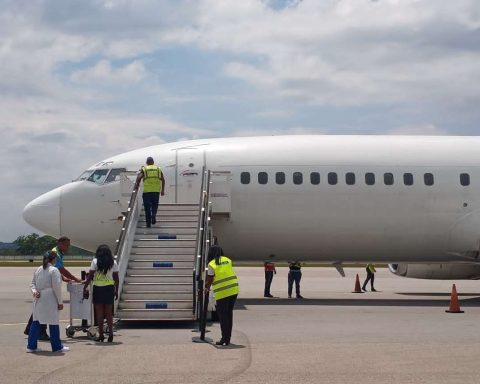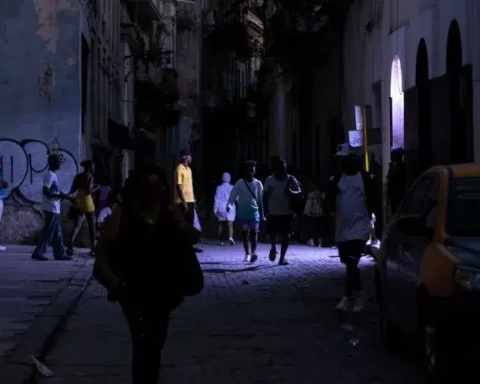The traditional carnival Havanaconsidered the largest popular festival in the Cuban capital, returns this summer after a two-year pause imposed by the pandemic, as part of the activities of the summer organized by the provincial authorities.
This celebration, which is usually celebrated in the summer season, it will return for two weekends next August as part of a cultural program recently announced by official media, thanks to the improvement in the epidemiological situation on the island and the dismantling of a group of measures and restrictions that were in effect due to COVID-19.
The iconic Malecón will once again be the main stage of the Havana carnival, where stages will be installed for performances by music and dance groups. The extensive wall overlooking the sea surrounds the main avenues that will host the celebrations, as well as the typical parades of floats and comparsas, refers the local newspaper Tribune of Havana.
Spectators will be able to enjoy popular dance music orchestras at points such as La Piragua, Paseo and Presidentes avenues and in the gardens of Club 1830, according to the Havana Government’s Objectives and Programs coordinator, Tatiana Viera, reported this week.
Along with the parades and dance music concerts, this time the celebration will be rescued by the “baptism of the lampposts”, a carnival ceremony forgotten in recent times and that this time will be performed by the seven traditional comparsas of Havana: Los Dandys de Belén, El Alacrán, La Jardinera, Los Marqueses de Atarés, Los Componedores de Batea, Las Bolleras and Villa San Cristóbal.
For the return of the cultural event, prizes have also been announced for the winning musical pickets of the “Carnavalero soy” contest, as well as a carnival dedicated to children that will be the culmination of the activities of the summer stage on August 30.
The origin of carnival from Havana, recalls the agency EFEis set in colonial times, when the masters gave their slaves the “Day of the Kings”, a date on which they were allowed to reproduce the songs and dances of their native lands.
According to historical records, the first carnivals, properly considered as such, were held in February, but over time the dates of the festival changed and are now scheduled in the summer season.
EFE / OnCuba
